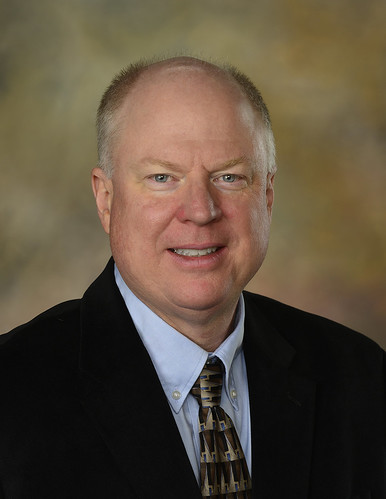Business professor comments on record number of Americans falling behind on car payments, says overly permissive lending allows consumers to buy cars they can’t afford
Article body
Professor Dave Ketchen, Auburn University’s Harbert Eminent Scholar and Professor of Management, comments on a study released by the Federal Reserve Bank of New York that shows 7 million Americans are at least 90 days behind on payments for automobile loans, the highest number in history.
What does this indicate about the economy?
Ketchen: People falling behind on car payments doesn’t necessarily reflect the state of the economy. For years, consumers have been buying cars they can’t afford due to overly permissive lending on auto loans. This is similar to the late 2000s housing loan debacle where folks bought homes they simply could not afford and many of those homes ended up foreclosed. The big question is whether a widespread collapse of car loans could undermine the economy like the housing crisis did. I doubt it, but no one really knows the answer.
What are the effects on the auto industry regarding sales revenue and financing revenue?
Ketchen: Arguably, demand for cars has been artificially inflated by overly permissive lending allowing people to buy more expensive cars than they actually can afford based on their income. Cheap loans have been like an addictive drug for the automakers, and, if that drug gets cut off cold turkey, they are going to suffer withdrawal symptoms in the form of plummeting sales. At a minimum, they will likely need to offer more discounts and rebates, which can provide a silver lining to future buyers.
What refinancing options are available for those behind on car payments?
Ketchen: In a free market, there is almost always some lender who will rework a loan. But this can easily become a deal with the devil. A consumer can end up paying higher interest for a longer period of time in order to dodge repossession. So the short-term gain becomes long-term pain. Sometimes consumers think they are escaping the trap by buying a new car and in effect financing what they owe on their trade-in through that transaction. This just tends to postpone the pain as well.
What advice would you give to someone considering a loan to buy a car?
Ketchen: Business experts don’t agree on much but they do agree on this maxim: Don’t take out a loan to finance a depreciating asset. Cars fit the bill—their value falls over time. I recommend buying the best car you can pay for via savings. A good way to stretch your car buying dollar is to look for a car that was leased and returned to the dealer—generally these cars have low mileage and are well maintained. If you must take out a loan, the loan officer at a community bank or credit union is probably more likely to make sure you do not get overextended than the finance officer at a car dealership.
About Dr. Dave Ketchen:
Dr. Dave Ketchen serves as the Harbert Eminent Scholar and Professor of Management in Auburn University’s Harbert College of Business. Driven by the desire to understand why some companies succeed and others fail, his research on strategic management and entrepreneurship has attracted more than 30,000 citations according to Google Scholar. He has published more than 160 articles in scholarly journals and his research has been published in The Wall Street Journal and Forbes Magazine. He recently received Auburn’s Creative Research and Scholarship Award. More information about Dr. Ketchen is available at http://harbert.auburn.edu/directory/dave-ketchen/.
Interviews:
To arrange an interview with Dr. Ketchen, please contact Preston Sparks, Auburn University director of communications, at 334-844-9999 or preston.sparks@auburn.edu.
Auburn University is a nationally ranked land grant institution recognized for its commitment to world-class scholarship, interdisciplinary research with an elite, top-tier Carnegie R1 classification, life-changing outreach with Carnegie’s Community Engagement designation and an undergraduate education experience second to none. Auburn is home to more than 30,000 students, and its faculty and research partners collaborate to develop and deliver meaningful scholarship, science and technology-based advancements that meet pressing regional, national and global needs. Auburn’s commitment to active student engagement, professional success and public/private partnership drives a growing reputation for outreach and extension that delivers broad economic, health and societal impact.





